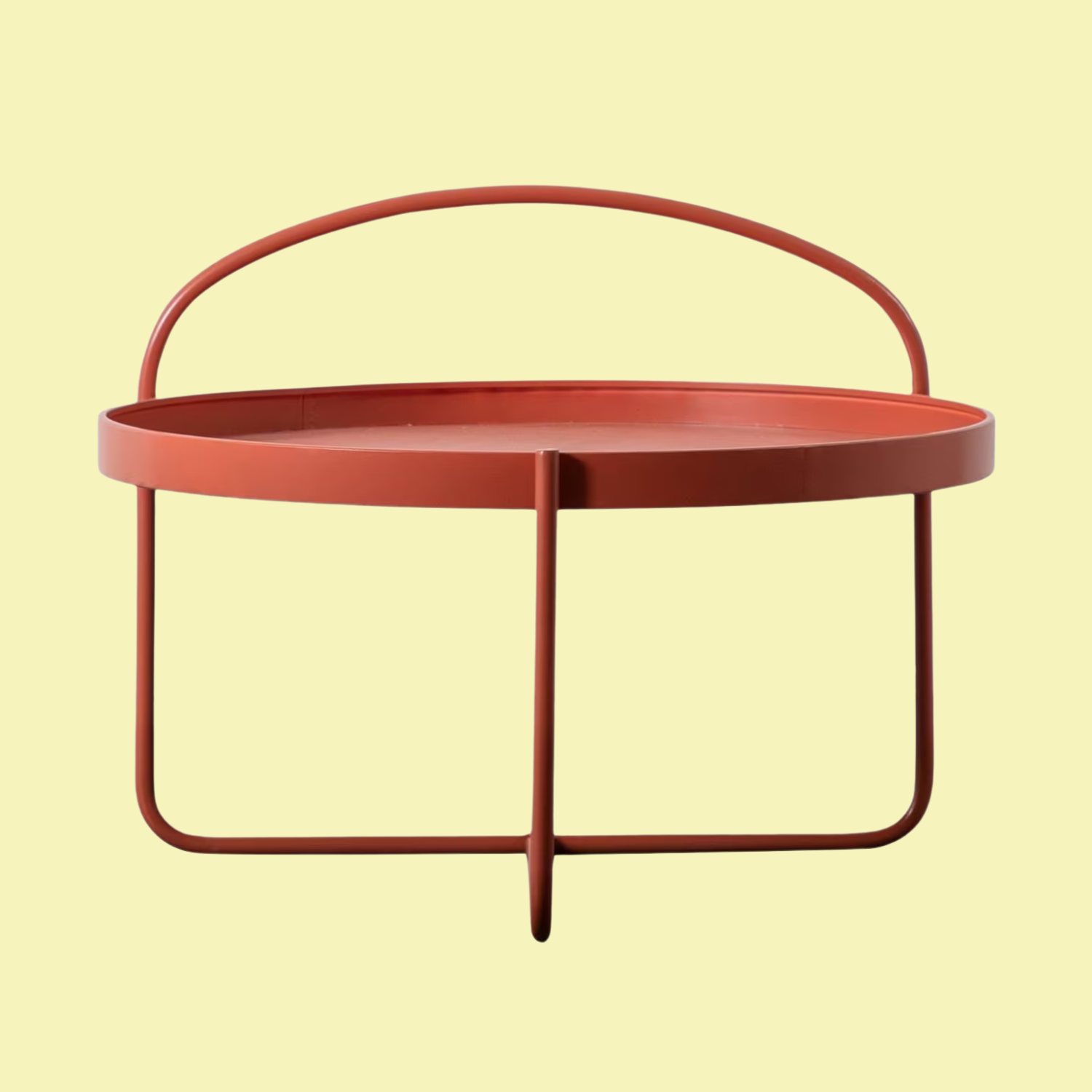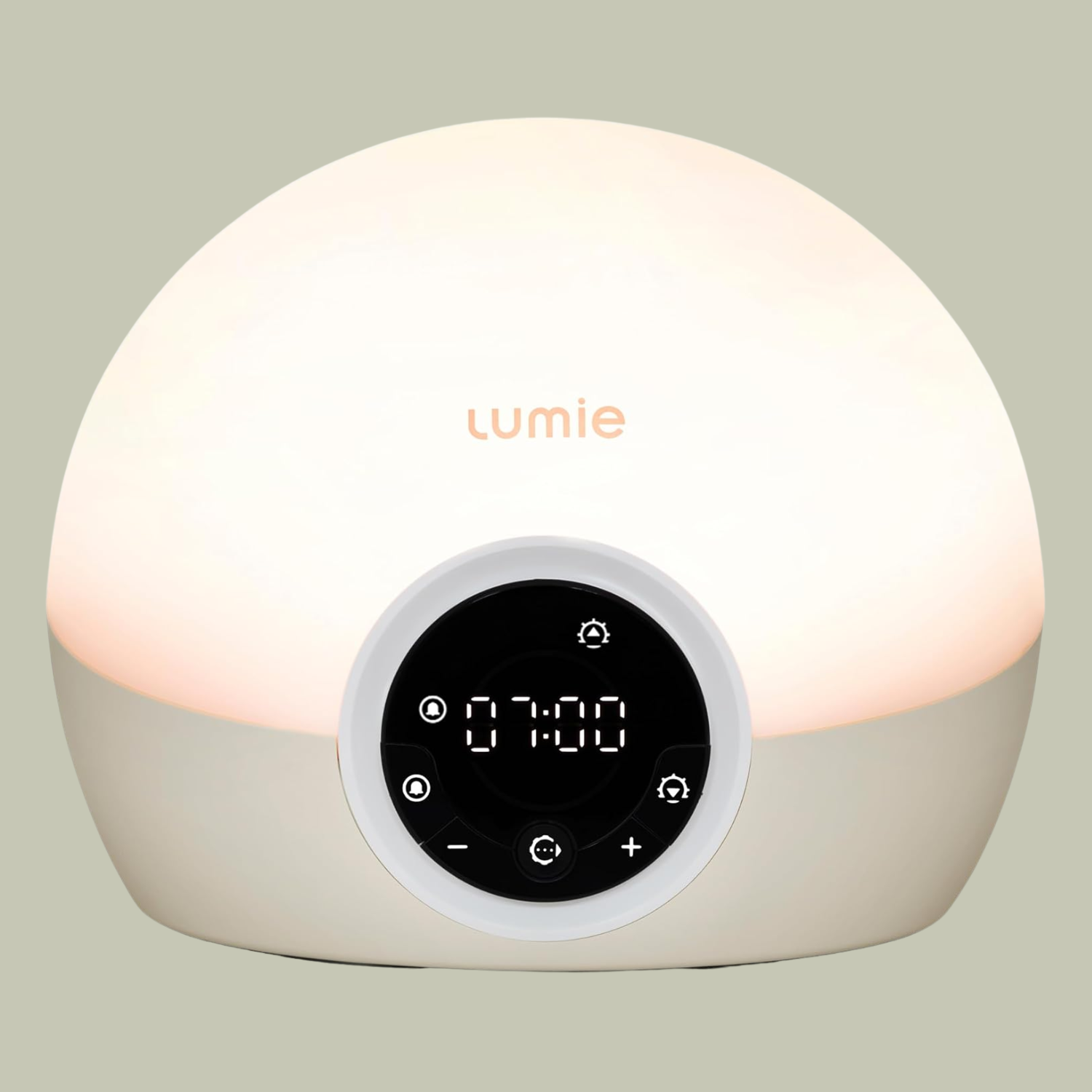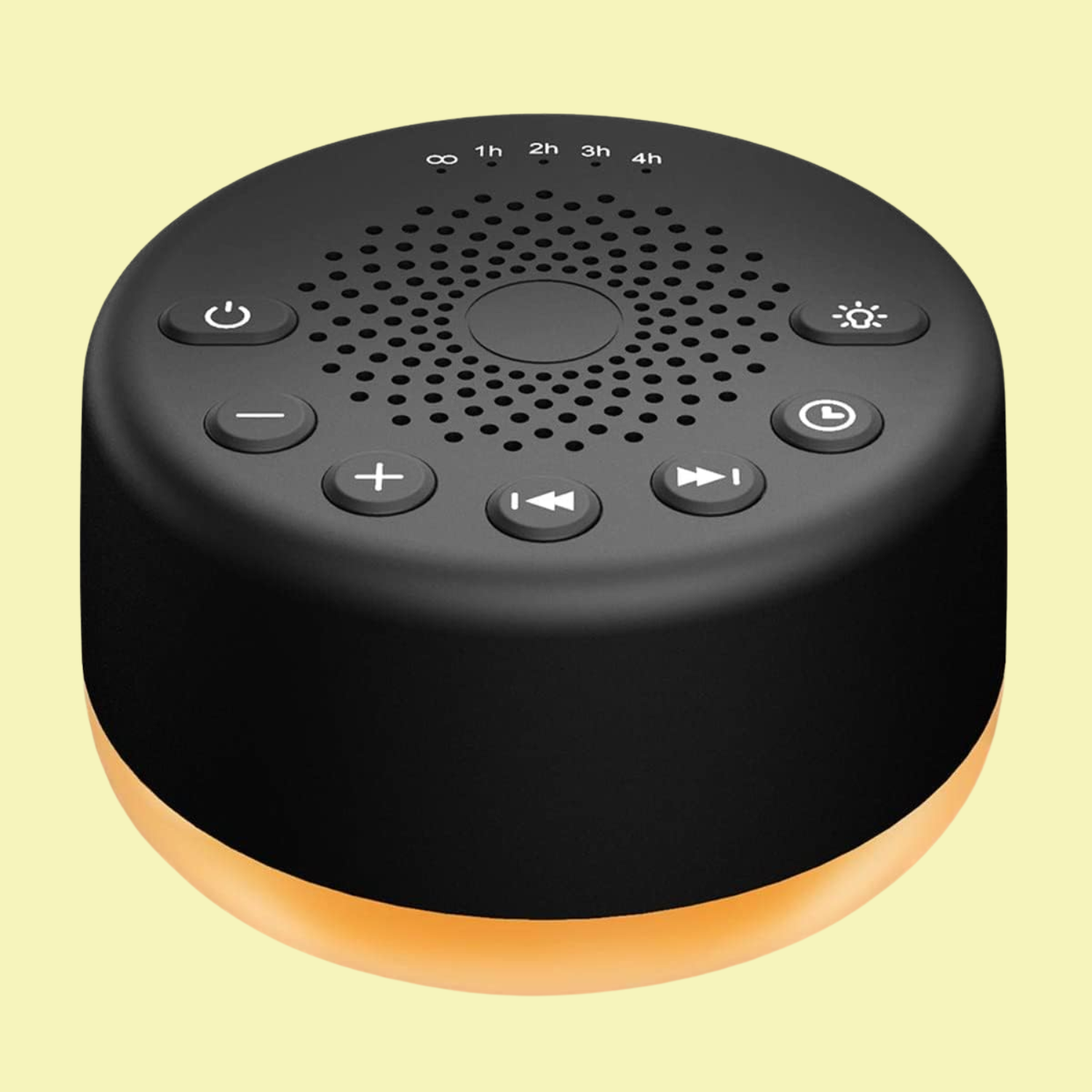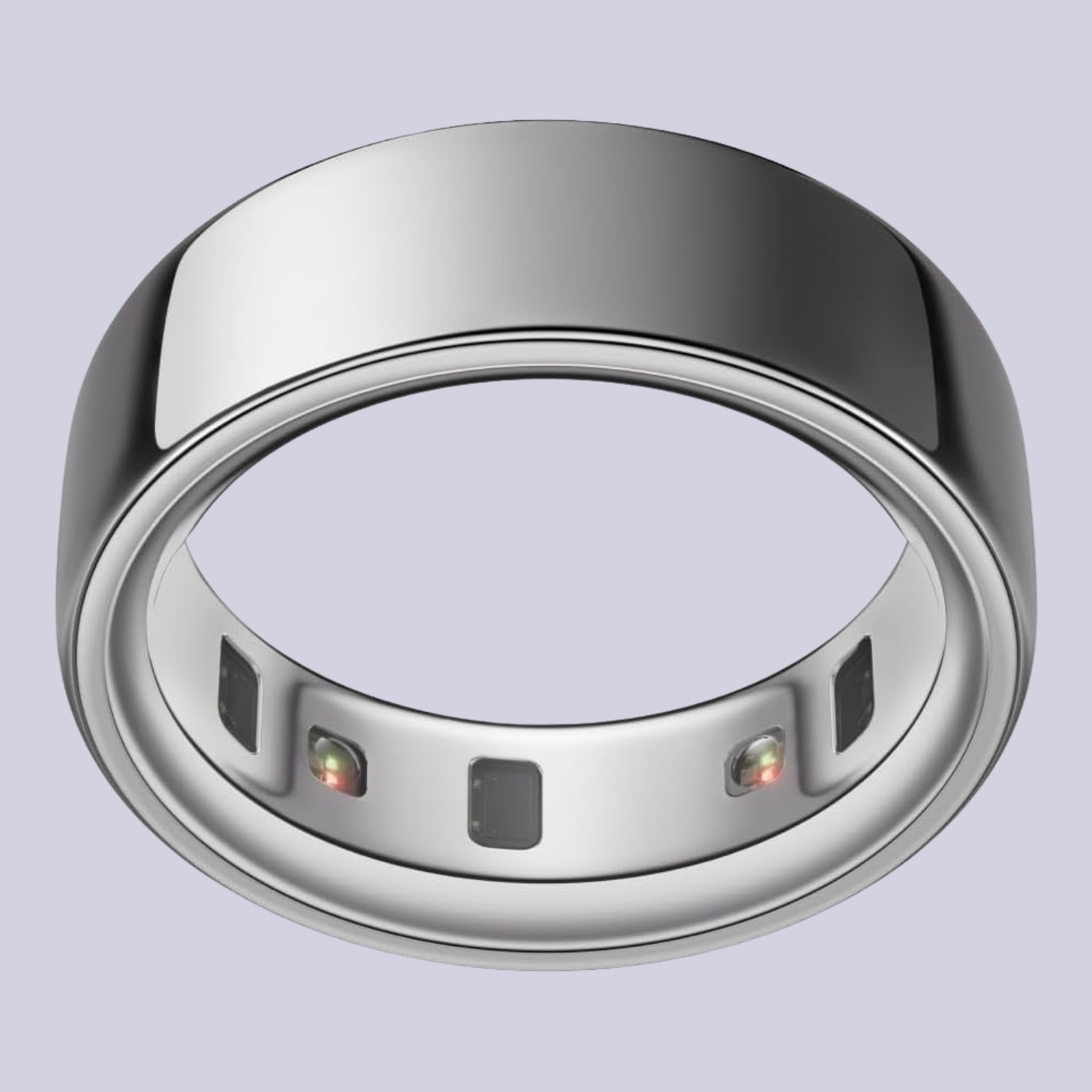How Do You Make Your Bedroom Tech-Free? 5 Things to Keep Out, and 5 Allowances You'll Want to Make for Sleep and Comfort
While there are some non-negotiables that you should banish from your bedroom for better sleep and an end to late-night doom-scrolling, there are a few 'dumb' choices you'll want to keep in

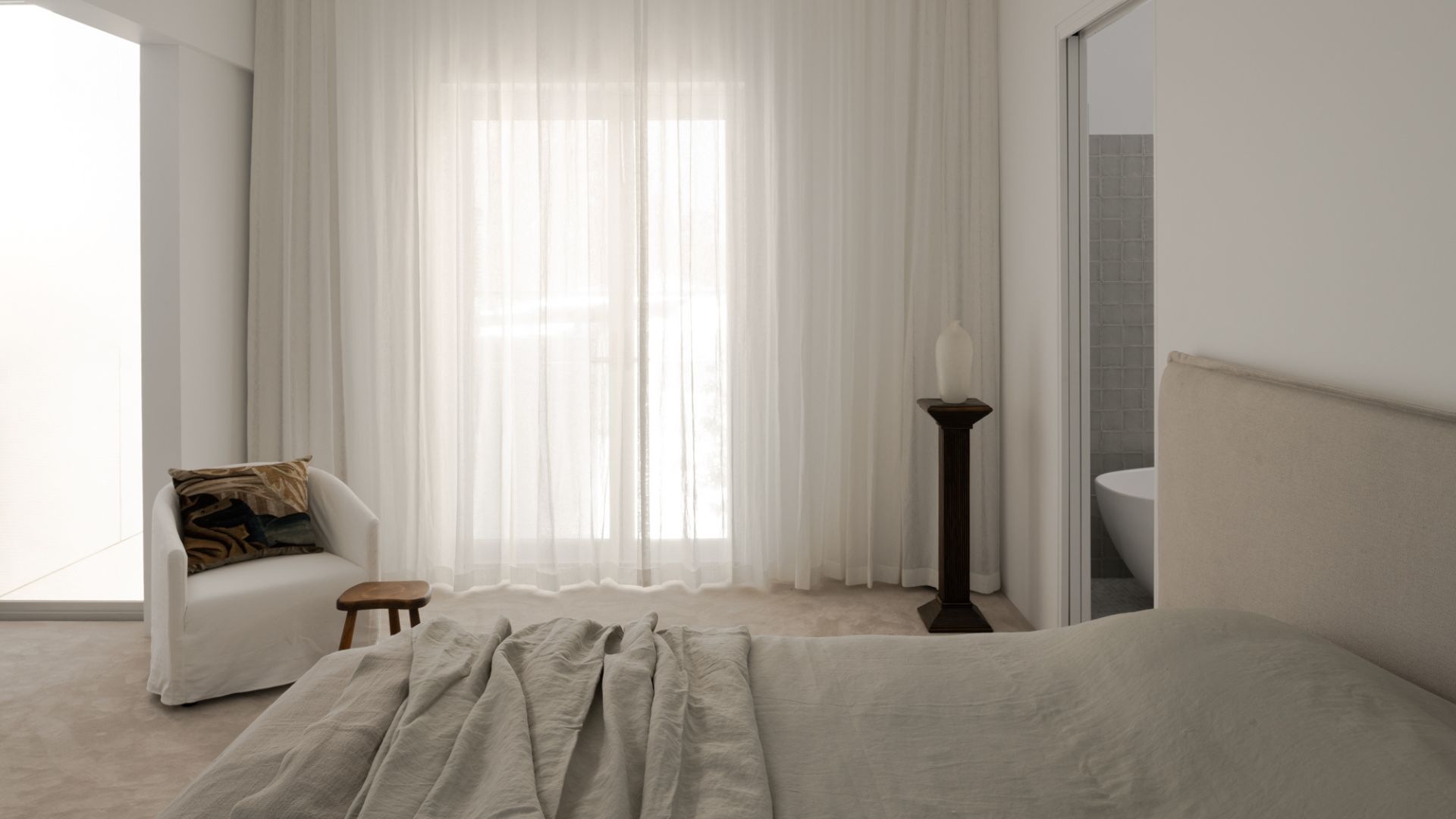
The Livingetc newsletters are your inside source for what’s shaping interiors now - and what’s next. Discover trend forecasts, smart style ideas, and curated shopping inspiration that brings design to life. Subscribe today and stay ahead of the curve.
You are now subscribed
Your newsletter sign-up was successful
Your bedroom is meant to provide moments of solace and relaxation, away from the busy ambiance of the rest of your home and work life. So, I'm sorry to say, but if you're bringing your barrage of tech into this sleep space, you're setting yourself up for disrupted rest.
One of the main rules when learning how to sleep better is to try and cleanse your bedroom of as much tech as you can. However, the experts tell me that there are a couple of allowances you can make.
So, here's what you need to remove from your bedroom as soon as possible, along with some exceptions that make the cut.
What to Remove for a Tech-Free Bedroom
If you're using modern bedroom ideas as an excuse to riddle your room with smart tech, then you're also hindering the primary objective of the space — sleep. In order to get sound, deep sleep, it's a known fact that screens are a red flag you need to keep out. But which screens count, and where do you begin? Let's discuss.
1. Phone
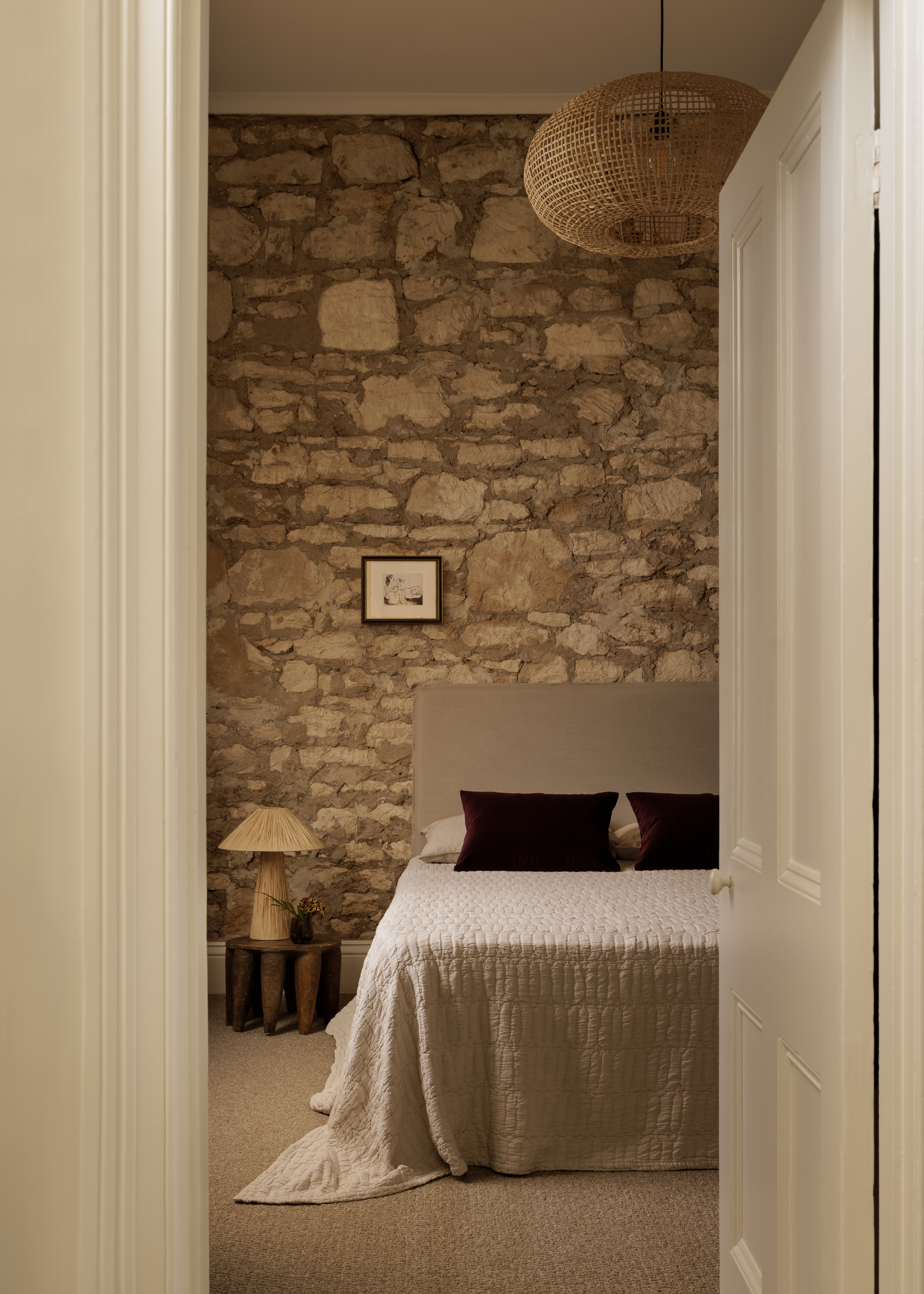
DO INSTEAD: Swap your phone for an actual alarm clock to keep it outside your bedroom.
Unsurprisingly, one of the first things you need to remove for a tech-free bedroom is your phone. Sleep clinician Andrew E. Colsky explains that phones are a major distraction due to their common use for accessing social media, doomscrolling, texting, late-night shopping, and more.
"These uses lead to disruption of sleep hygiene in many ways, as phones give off blue light that affects our circadian rhythm by delaying the onset of melatonin production, which interferes with our ability to get to sleep," he says.
"They also hijack our attention span and interfere with our ability to regulate emotions. Finally, their use in this space conditions our brain to believe that beds are not just for sleeping. This is the exact opposite of the message that we want to be sending for good sleep habits."
The Livingetc newsletters are your inside source for what’s shaping interiors now - and what’s next. Discover trend forecasts, smart style ideas, and curated shopping inspiration that brings design to life. Subscribe today and stay ahead of the curve.
Andrew is the Founder at National Sleep Center. He is a trained behavioral sleep medicine clinician, author, and host of the radio show Sleep Science Today. As a sleep medicine patient himself, Andrew understands the frustration one feels when they are not able to get restful sleep. He founded National Sleep Center in an effort to bring readily available, inexpensive sleep care to individuals in the comfort of their own home.
2. Television
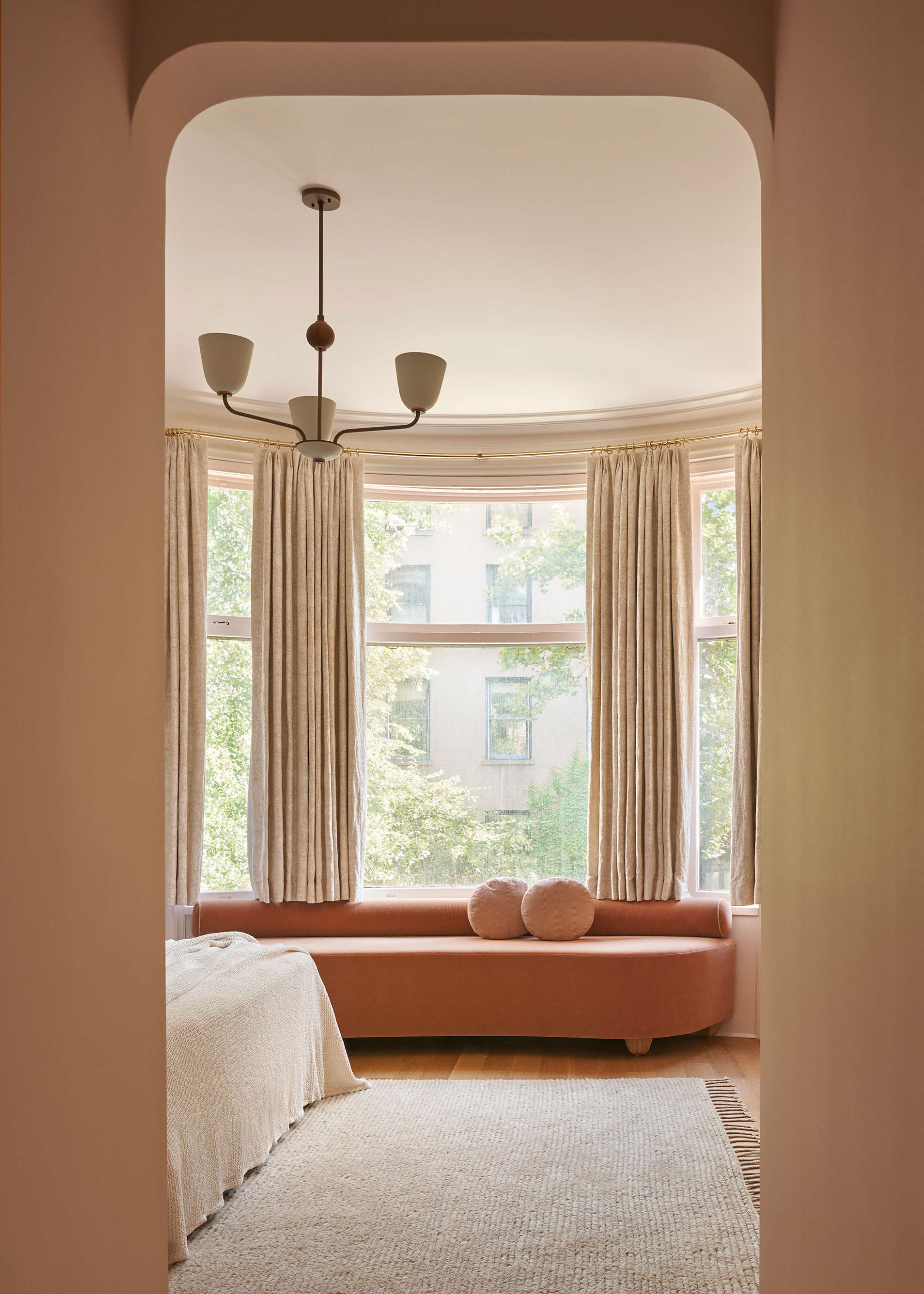
DO INSTEAD: Leave your television in your living room or by your entertainment center.
Before designing the layout of your sleep space, it's important to ask yourself: Should I have a TV in my bedroom?
If you're asking a sleep expert like Andrew, then the answer is a flat no. "A TV in the bedroom encourages passive overstimulation, late-night bingeing, and even lowers relationship satisfaction if it replaces connection," he notes.
"TVs in the bedroom will disrupt your brain's ability to transition into your natural sleep cycles and emit not only blue light, but also light pollution. This will, in turn, keep your brain overstimulated and interfere with melatonin production."
3. Computer
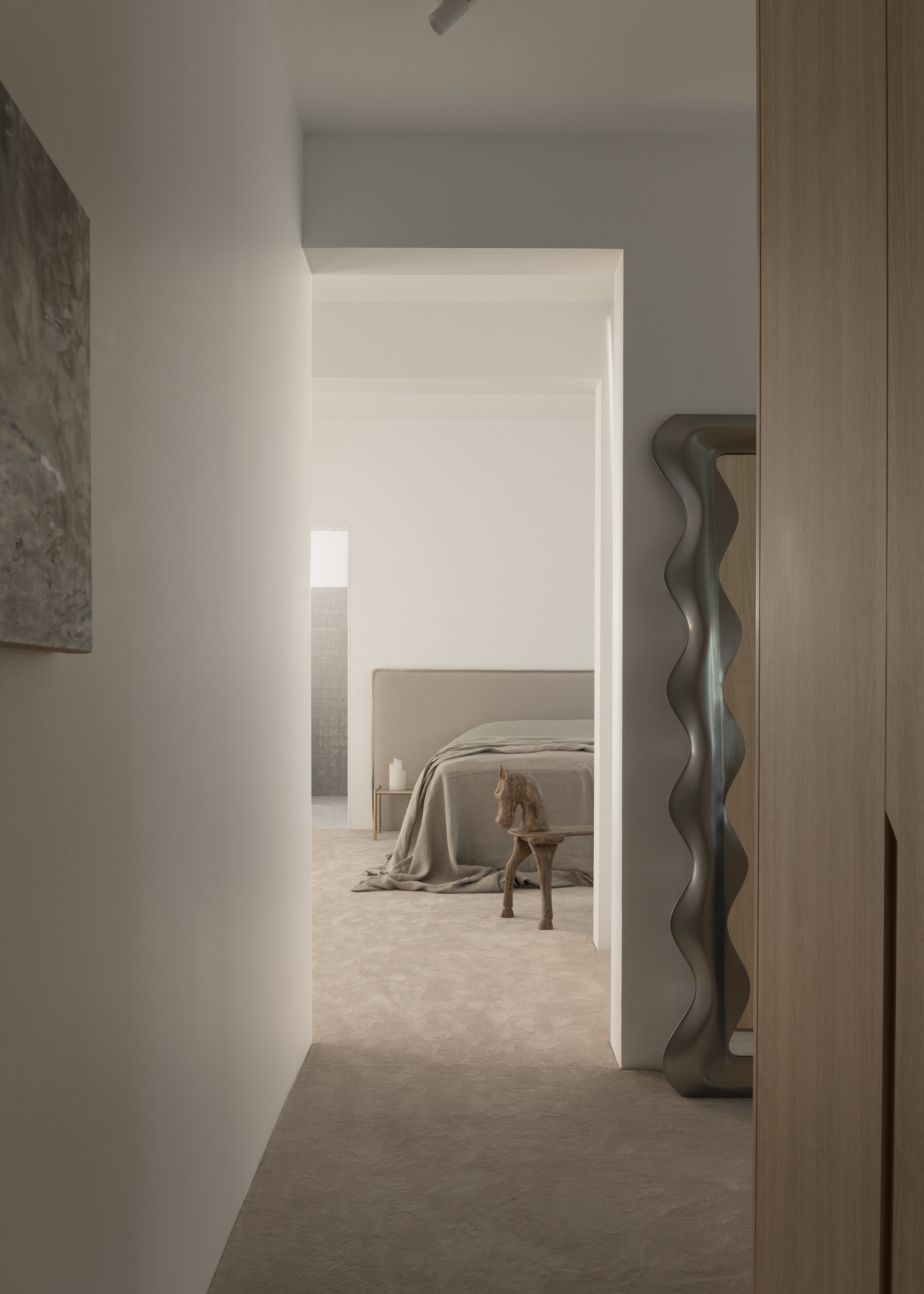
DO INSTEAD: Keep all things work outside your bedroom to avoid working from your sleep space.
Post-COVID work routines have significantly changed the way we work. And one of the more obvious shifts is setting up a WFH space. But if this means bringing your computer into your bedroom, it's a major faux pas. And the exact reason why a work desk in your bedroom is bad for sleep.
Ksenya Malina, founder of Time & Place Interiors, tells me that to maintain natural alignment with our biological workings, it's critical to respect our need for uninterrupted rest at night. "That means separating technology from our bedrooms to avoid disturbances from digital alerts and saving ourselves from the temptation of mindless digital 'check-ins'," she advises.
"The blue light emitted from tech devices like computers and laptops is a disruptor of natural sleep patterns, causing visual exhaustion and mental overwhelm."
Time & Place Interiors founder Ksenya Malina draws on her knowledge of art and design history to make each client’s home feel sophisticated and authentic. Through her access to one-of-a-kind vintage and cutting-edge contemporary designs, Ksenya opens doors for her clients to enjoy living in a bespoke environment arranged through a luxury service experience. Ksenya loves working with young New York City professionals who are seeking a fresh start in a new space. The studio offers comprehensive decorating of full rooms — painting and wall finishes, furnishings, lighting, floor coverings, window treatments, art, and accessories — all executed with a professional start-to-finish process.
4. LED Lights
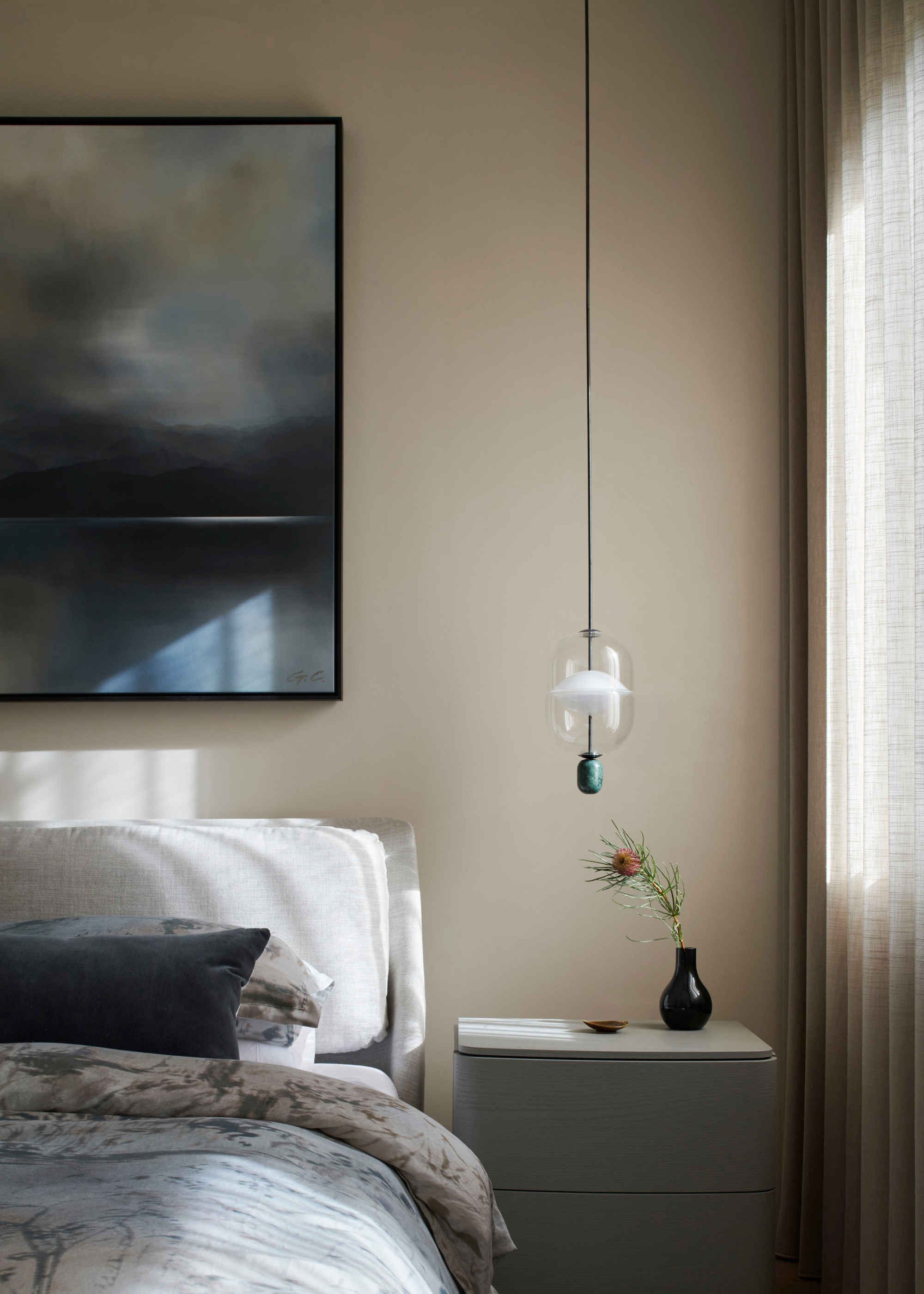
DO INSTEAD: Cover up any small LED lights that prevent your bedroom from being completely dark.
When it comes to having LED lighting in your bedroom, Andrew explains that their decorative use is not a major disruptor, as long as you retire to softer colors in the hours before sleep and completely turn them off when you're ready to snooze.
"The biggest culprit here is any electronic device or charger that has a small LED light to let you know that it has power running to it. Even one tiny LED light in an otherwise dark room can light up the whole environment," he explains.
"The reality is that you probably have several of these little LEDs in your room, keeping what should be a dark room lit up like a back alley full of neon signs. My advice would be to remove them or, if you can’t, tape over them!"
5. Tablet
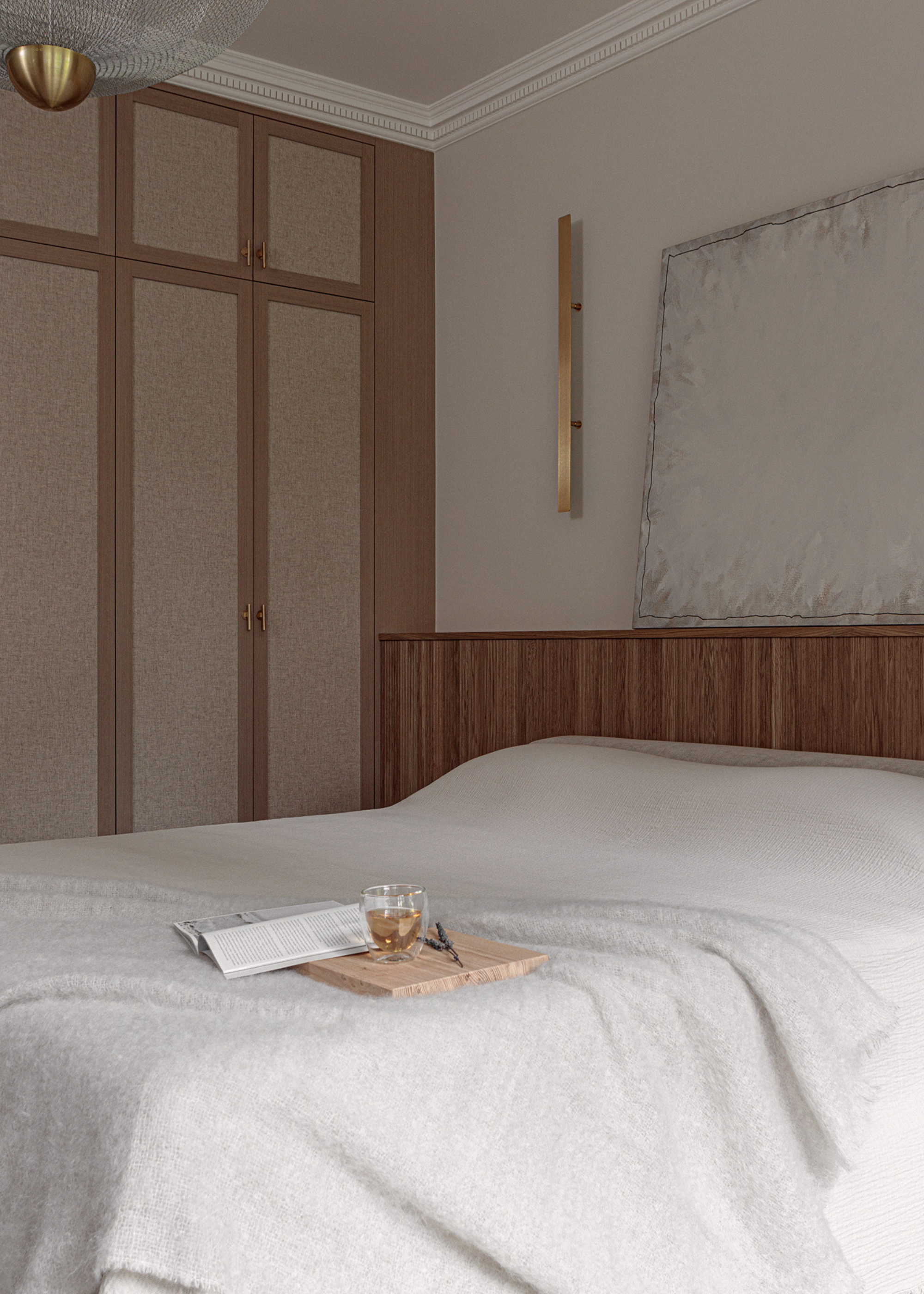
DO INSTEAD: Switch your tablet for a paper book and keep distractions at bay.
"If you use your tablet like a mini computer or a large cell phone, then all of the reasons stated above apply," says Andrew. "However, if you turn off the blue light and enter a night mode for purposes of reading, then you might be able to claim a valid use in bed."
However, in reality, he points out that it is much better to read a paper book before sleeping, since a tablet can be just as distracting as any other electronic device.
So my advice is to take the leap and keep these tempting tech devices beyond the walls of your bedroom to avoid having trouble sleeping through the night.
What to Keep in Your Tech-Free Bedroom
Although you do need to be strict with the use of tech in your bedroom and most screens are better banned from this space, there are a couple of things to aid sleep that you can make an allowance for. But only if they help you get ready to rest, and in moderation. Here's what to forgive in your tech-free bedroom.
1. Digital Assistant
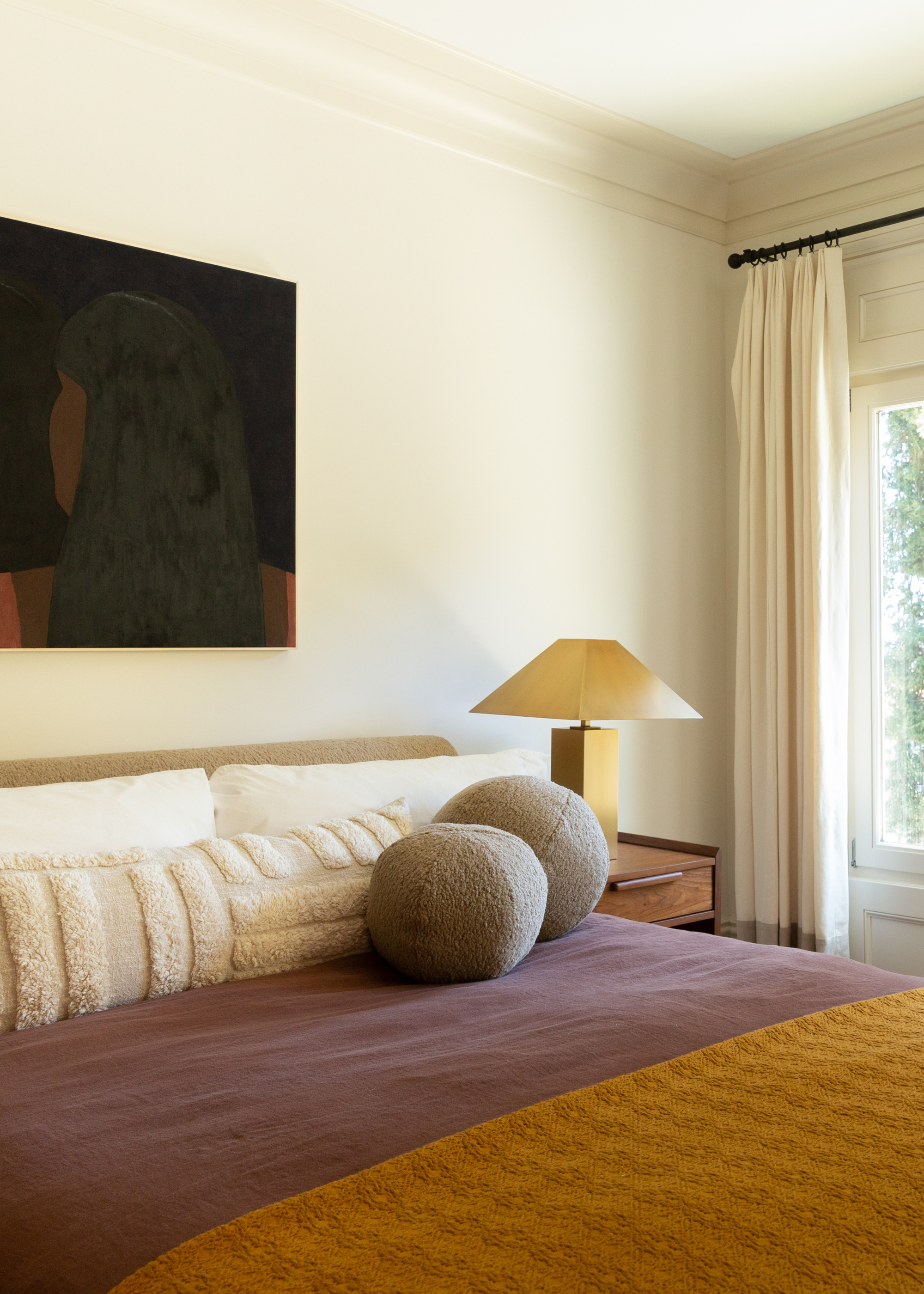
It's not a red flag to use your digital assistants in your sleep space.
It's tough to escape the allure of transforming your home into a smart space. So, Andrew points out that one of the allowances you can make in your tech-free bedroom is a digital assistant like Alexa.
"Voice-activated technology can be helpful in the bedroom if we use it correctly. It allows us to accomplish things without using our hands, and we don't have to get out of bed to use it," he says.
"Some positive things this technology can do are to turn on relaxing music for us, help us in a guided meditation before sleep, or even allow us to journal to reduce our anxiety."
So the next time you're romanticizing your bedtime routine, you can allow Alexa's sleep tricks to help out sans any guilt over messing with your rest.
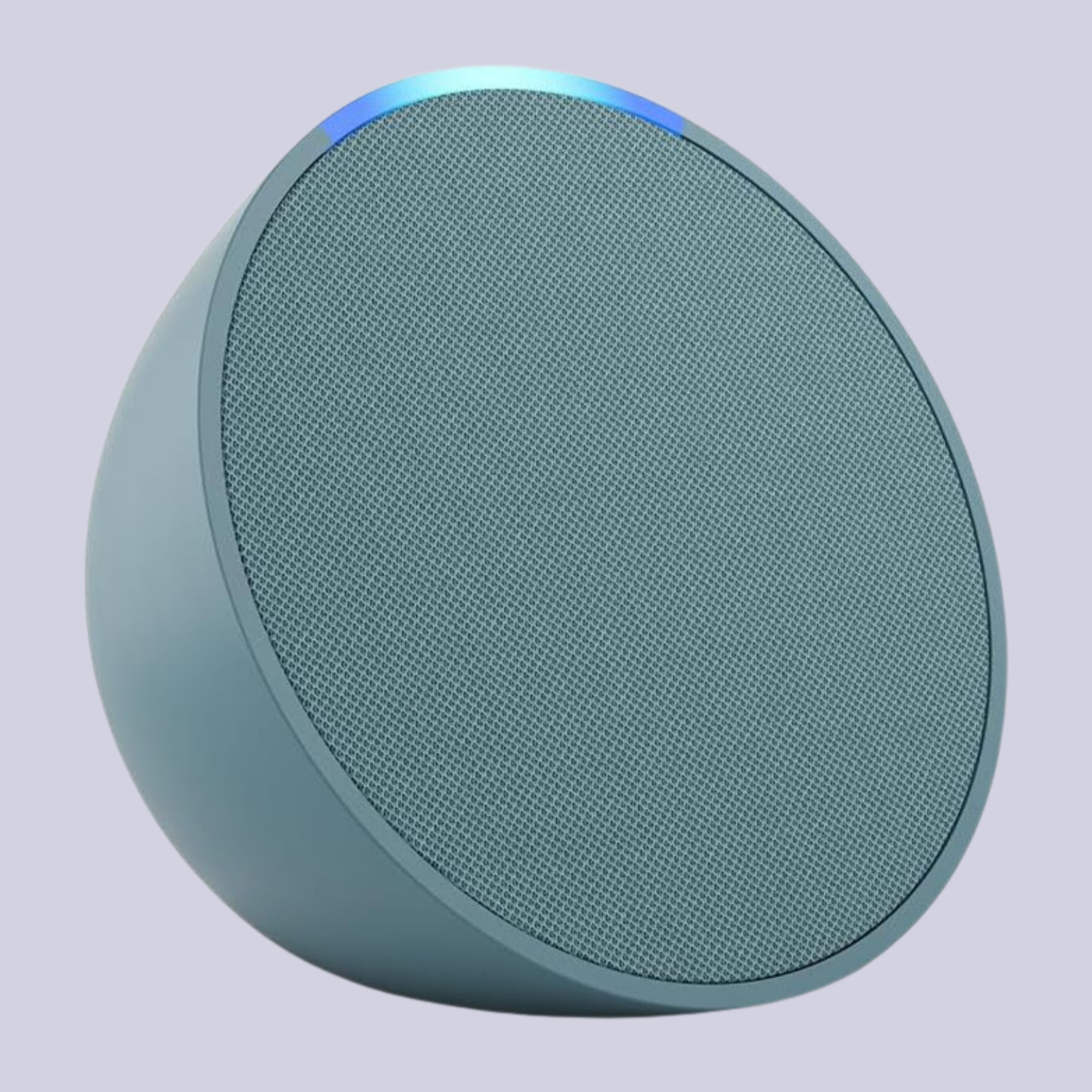
Color: Midnight Teal
Since blue and green are some of the best colors for sleep, this version of the New Gen Echo Pop is perfect for your bedroom.
2. Sundown Clock
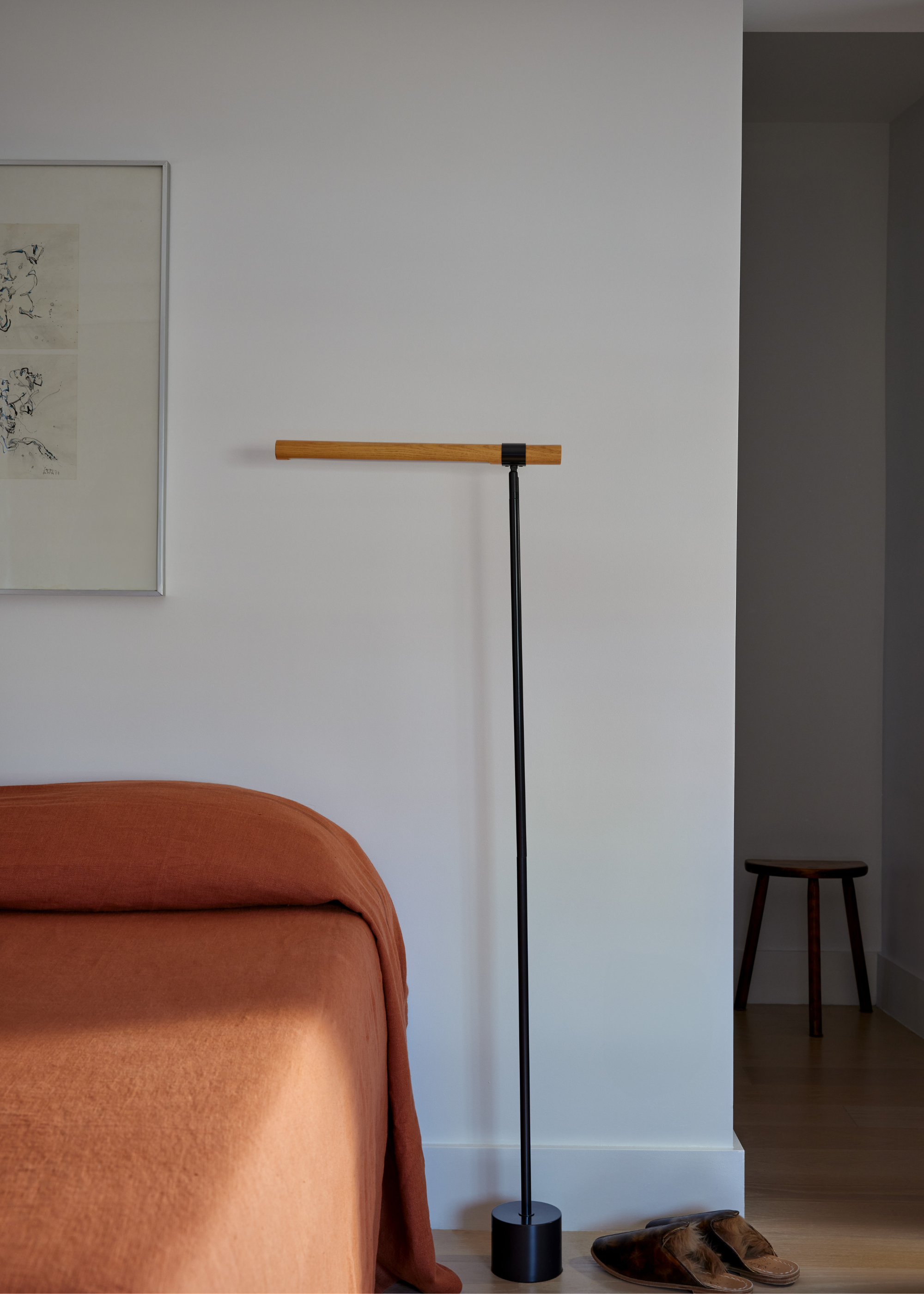
Transitional light will make you feel completely at rest in your bedroom.
There are plenty of genius things smart alarm clocks can do, but one of my favorite features is a day-to-night transitional light designed in to amplify the comfort of a cozy bedroom.
"These types of clocks are designed to replace your old school alarm clock. The sunrise and sunset simulation clocks use gently increasing levels of light and sound to wake us more naturally," says Andrew.
"Using these multifunctional clocks keeps our circadian rhythm in sync by helping us to wind down at night as well as wake up gradually in the morning."
3. White Noise Machine
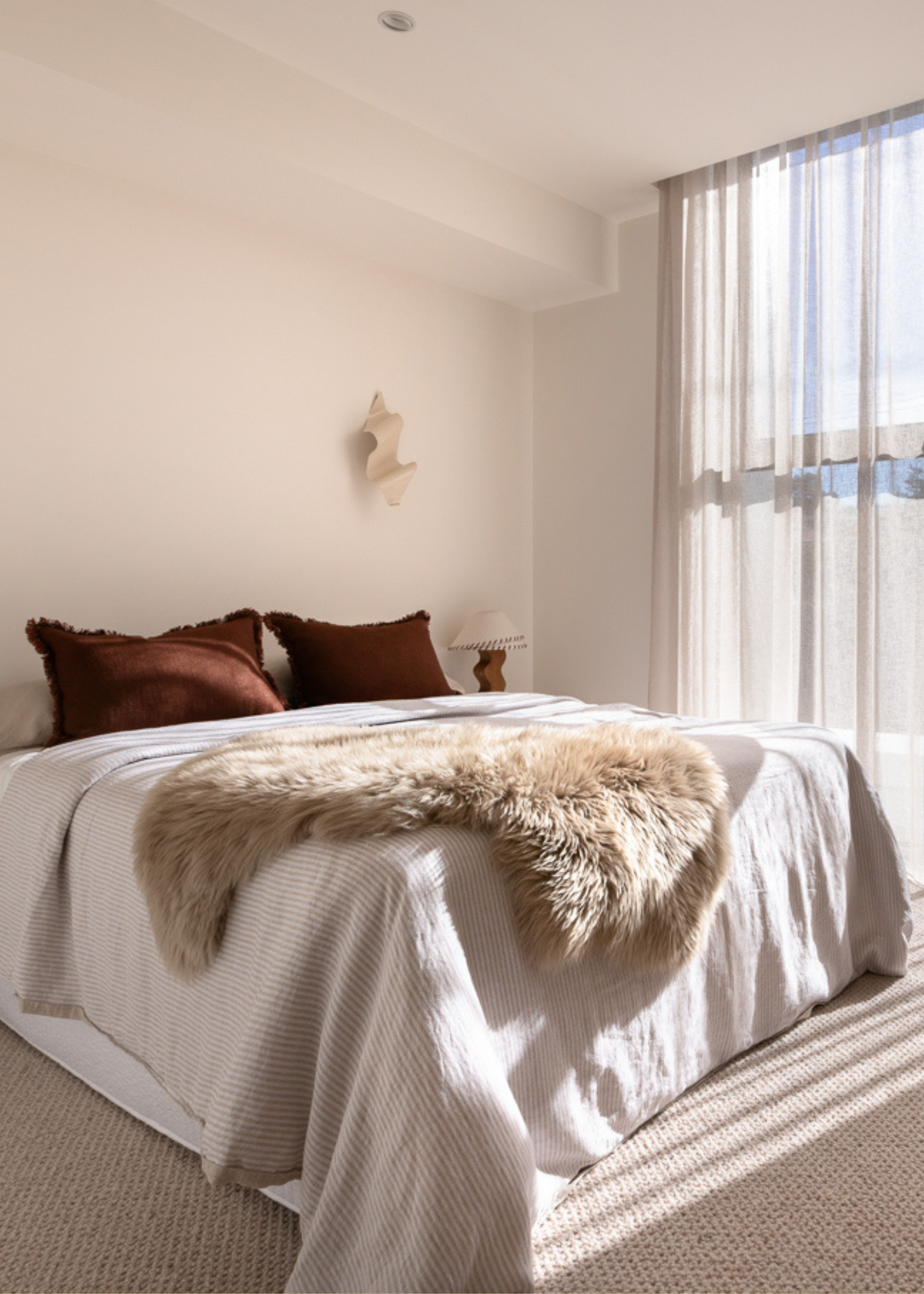
Experimenting with white noise might lead you to the best rest of your life.
Finding your color noise is a great way to help you sleep better at night, hence making it an easy allowance when designing a tech-free bedroom for improved rest.
"If you have already taken every other possible measure to reduce noise in your bedroom at night and have failed, then you might be a perfect candidate for a white noise machine," says Andrew.
"The purpose of these machines is to drown out ambient disturbances such as traffic, neighbors, and snoring. White noise provides a consistent auditory environment which signals the brain that it's time to rest."
4. Sleep Tracker
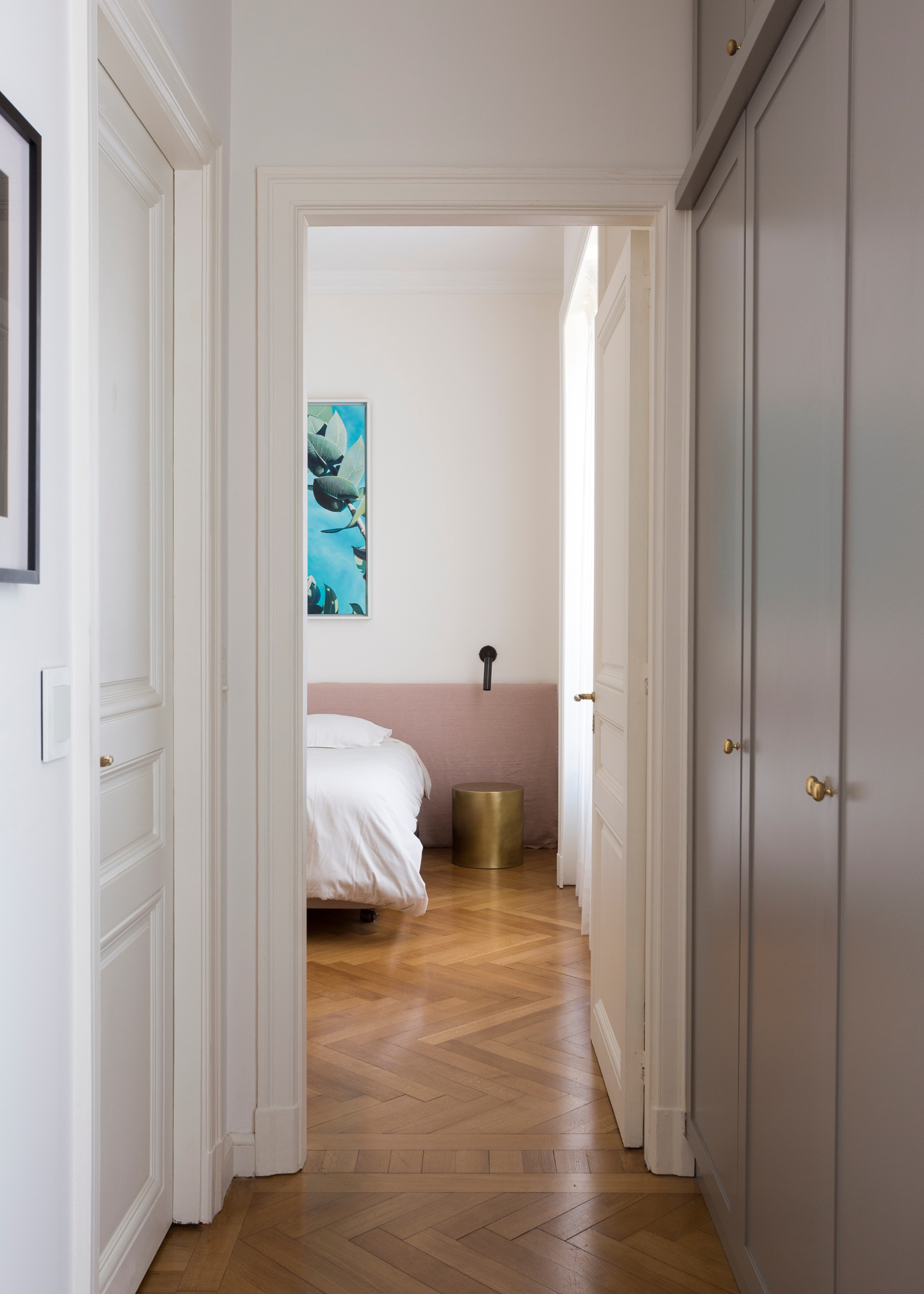
Designing a tech-free bedroom does not mean you have to part with your sleep tracker.
If you're healthily sleep-obsessed, like me, then chances are you probably have a sleep tracker notifying you of all the happenings within your rest cycle. And Andrew tells me that a sleep tracker is definitely an allowance you can make when curating a tech-free bedroom.
"Sleep trackers come in many different forms, and many of us are familiar with wearables such as a Fitbit or an Apple Watch. The point is, sleep trackers can provide a lot of information, especially if you are trying to figure out a sleep problem," he says.
If you're using a sleep tracker to improve your sleep or identify a problem, he finds that it can be a helpful device. However, it's important to keep your sleep trackers to a minimum to help you avoid orthosomnia.
5. Reading Tablets
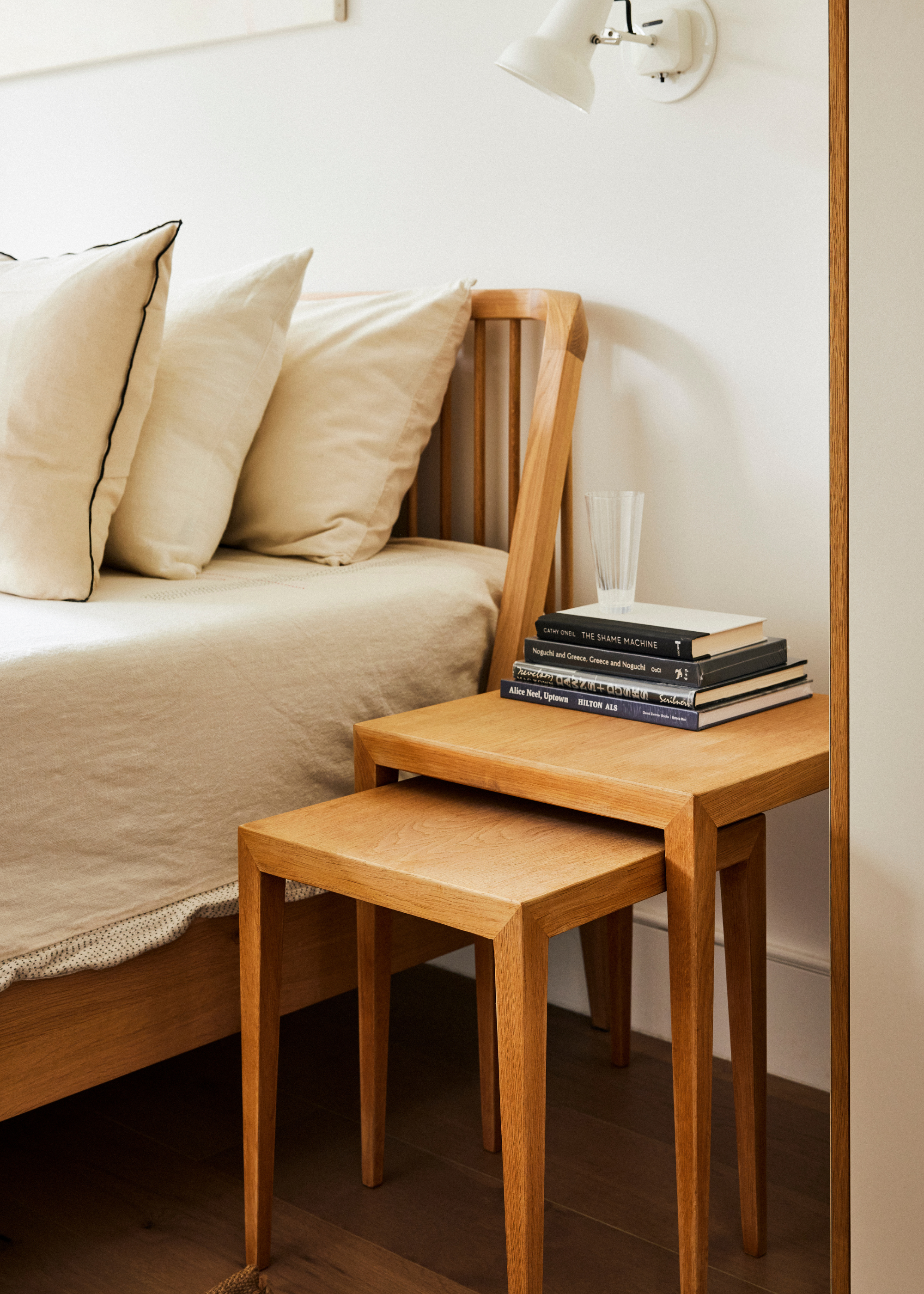
Try to make the switch to paper books and if not, a tablet reader will do just fine.
Personally, I love a regular hardcover or paperback book to flip through before I tuck myself in for the night. However, it seems that tablets have taken over modern bedrooms and are a key source of getting your pages in for many people.
If this is you, then reading tablets like a Kindle is an allowance you can make. That is, of course, as long as you have blue light off in your reading mode and avoid using it right up to when you are ready to sleep.
After all, the 10-3-2-1-0 rule for sleep applies regardless of whether your blue light is switched on or turned off, even when you're thumbing through a great book.
FAQs
Why Should You Have a Tech-free Bedroom?
Andrew tells me that imparting a tech cleanse on your bedroom is important because your brain is a pattern seeking machine and wants routine and habits to signal sleep.
"When your bedroom becomes a space for emails, TikTok, or Netflix, your brain associates it with activity, not rest. So there are major benefits of a tech-free bedroom. Things like better sleep quality thanks to less blue light, fewer notifications and thus, fewer wakeups and less anxiety and overthinking at night, especially from doomscrolling or emails," he says.
"You will also experience improved focus and emotional regulation the next day, physical benefits like more melatonin production which equals a deeper, more restorative sleep, a stabilized circadian rhythm and lower cortisol levels which are a stress hormone that can mess with proper sleep."
Designing a tech-free bedroom is a wonderful way to begin your journey to better sleep habits. If you do end up missing your screens, my expert-approved wind-down routine for sleep has plenty of tips on what to set your attention on instead in the time up to catching Zzzs.

Amiya is a Home Wellness Writer at Livingetc. She recently graduated with a Masters Degree in Magazine Journalism from City, University of London, and has lent her words to beauty, fashion, and health sections of lifestyle publications including Harper’s Bazaar and Women’s Health. Her experience as a research analyst has equipped her with an eye for emerging trends. When she’s off the clock, she can be found reading, listening to music, or overanalyzing her latest Co-Star update.
